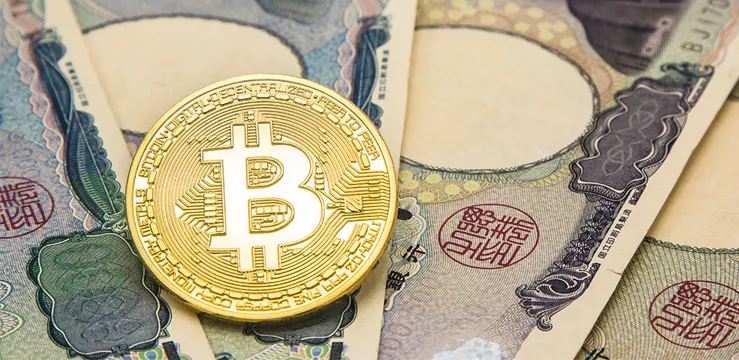|
Getting your Trinity Audio player ready...
|
Japan’s Financial Services Agency (FSA) will require cryptocurrency exchanges to strengthen oversight over cold wallet storage. The financial services regulator has been stringent on crypto exchanges in the country following a series of security breaches. According to a source cited by a Reuters report, the FSA is going to turn up the measures a notch higher to protect crypto investors.
Since the infamous Coincheck hack, the FSA has implemented a number of measures that seek to make exchanges more secure. One of these has been demanding the use of cold wallets. These crypto wallets are harder to crack for hackers as they aren’t connected to the Internet. The regulator has required that exchanges store a vast majority of their crypto tokens on these wallets. However, even this isn’t enough, especially since some of the exchanges haven’t stuck to the FSA’s guidelines, the source revealed.
While cold wallets are almost impenetrable by hackers, they are still prone to insider theft. With this in mind, the FSA put in place some guidelines for the exchanges that would protect the funds in the cold wallets. One of these was that the person in charge of the storage would be rotated regularly. This was meant to reduce the risk of a single person wiping out all the users’ tokens.
However, according to the source, some of the exchanges have been lax with the regulation. Asking not to be named as the information wasn’t public yet, the source disclosed that the FSA will reach out to the exchanges whose security it deemed wanting. The regulator will demand that these exchanges shape up or stand the risk of losing their licenses.
According to the report, there are currently 19 crypto exchanges that have received a license to operate in Japan. Some of these are not yet operational. As CoinGeek recently reported, FXCoin has applied for a license to operate in Japan, but the FSA is yet to approve the application. FXCoin has received a lot of attention and it’s expected to shake up established exchanges, especially with the financial backing of financial services giant, SBI Group.
Japan’s crypto exchanges have been the unfortunate targets of several hacking attempts. According to a report last year, there were 158 security breaches in the first half of 2018 targeting Japanese crypto users. During this time, hackers made away with $518 million from crypto exchanges and $22 million from individual crypto wallets.

 09-06-2025
09-06-2025 





